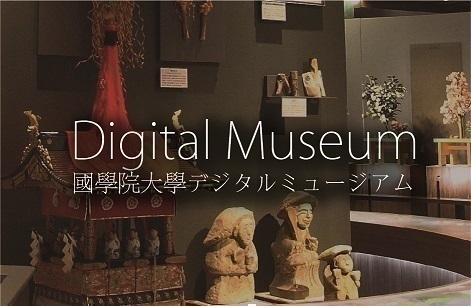- トップ
- Encyclopedia of Shinto
- Musuhi
Encyclopedia of Shinto
| Main Menu: | |
| Links: |
詳細表示 (Complete Article)
| カテゴリー1: | 7. Concepts and Doctrines |
|---|---|
| カテゴリー2: | Basic Terms |
| Title | Musuhi |
| Text | Also written as 産巣日, 鬼, 産日, and 産鬼. Musuhi refers to the ethereal workings that cause heaven, earth, and all things to come into being. Etymologically, musu carries the meaning of creation and development, while hi implies incorporeal or mysterious workings. A quick look at the various words that can modify musuhi — among them, taka (exalted), kami (sacred), iku (life), taru (plentiful), and ho (fire) — demonstrates the wide range of ideas that can be represented by this term. In the episode from Kojiki where Amaterasu hides herself in the Rock Cave of Heaven, Takamimusuhi, one of the three kami of creation (zōka sanshin), directs his child Omoikane no kami to consider ways to force Amaterasu out of the cave and thereby restore light to the High Plain of Heaven (Takamanohara). In another story, Kamimusubi resurrects the murdered kami Ōnamuchi no kami. From these facts we know that there was a belief that the musuhikami possess the ability to inspire and motivate a person's spirit in situations where it is weakened and approaching defeat. For Shinto, which is concerned with the origins of the kami and the creation of all things in the universe, musuhi is a central concept. As such, its significance was discussed in careful detail by Edo period National Learning (kokugaku) scholars. — Nishioka Kazuhiko |




